Are you passionate about collaborating on a creative project? We're seeking co-authors to join us in crafting a compelling article that explores innovative ideas and diverse perspectives. If you're eager to share your insights and expertise, this could be the perfect opportunity for you. Join us on this exciting journey and read on to find out how you can contribute!

Clear Purpose Statement
A clear purpose statement for a call for co-authors should outline the specific goals and objectives of the collaborative project. For instance, a research study on climate change's effects on urban environments aims to gather interdisciplinary insights from experts in environmental science, public policy, and urban planning. The statement should emphasize the importance of diverse perspectives in addressing the challenges affected cities face, including rising sea levels impacting coastal areas like Miami, Florida, and increased heatwaves influencing urban heat islands in cities like Los Angeles, California. Including a timeline for submission, publication opportunities in journals like "Environmental Research Letters," and potential conferences to present findings will enhance the call for collaboration, attracting committed researchers eager to contribute to impactful environmental solutions.
Contribution Expectations
The call for co-authors on research articles involves several critical contribution expectations that should be clearly defined. Each co-author must actively participate in the research process, which includes conceptualizing the study, performing experiments (for scientific papers), or drafting sections of the manuscript. Transparency in sharing data, particularly in fields like biotechnology and social sciences, is essential; co-authors must ensure that all relevant data is accessible for verification. Regular communication should occur, ideally through scheduled meetings or collaborative platforms like Google Docs, ensuring that all voices are heard in discussions about findings. Authors should also be prepared to undertake revisions based on feedback from peer review, a process vital for academic rigor. Clear agreements regarding authorship order, based on contribution significance, are necessary to prevent disputes later. Finally, in areas like psychology or clinical research, proper acknowledgment of contributions ensures ethical compliance and promotes a culture of accountability.
Author Qualification Criteria
Author qualification criteria for co-authorship in scholarly publications typically include several key factors that ensure the quality and integrity of the research. First, substantial contributions to the conception, design, execution, or interpretation of the research must be demonstrated, reflecting a deep engagement with the topic, akin to the rigorous standards upheld in prestigious journals. Second, co-authors should be accountable for all aspects of the work, including the accuracy and integrity of the data, aligning with ethical guidelines from organizations such as the International Committee of Medical Journal Editors (ICMJE). Moreover, authorship often necessitates familiarity with the relevant literature, methodologies, and analytical techniques pertinent to the research field, such as randomized clinical trials or meta-analyses. Lastly, a clear agreement among all co-authors regarding the manuscript's final version is essential, establishing transparency and collaboration throughout the research process.
Timeline for Submission
The timeline for submission of contributions to the collaborative research project on climate change is crucial for ensuring a structured and efficient process. Initial drafts should be submitted by March 15, 2024, providing ample time for revisions and feedback. The final deadline for all co-authors to submit their sections will be April 30, 2024. A thorough review will be conducted from May 1, 2024, to May 15, 2024, allowing for the integration of all contributions into a cohesive manuscript. Subsequently, the completed manuscript will be submitted for publication consideration by June 1, 2024, targeting esteemed journals such as Environmental Science & Policy and Climate Policy.
Contact Information for Queries
In academic publishing, establishing clear lines of communication is essential for fostering collaboration among co-authors. Providing comprehensive contact information allows for efficient discussions regarding research topics, manuscript revisions, and submission processes. Key elements include email addresses, phone numbers, and institutional affiliations, ensuring that all collaborators can easily reach each other for queries related to research methodologies or data analysis. Encouraging the use of professional networking platforms like ResearchGate or LinkedIn can further facilitate these interactions by allowing co-authors to share updates or insights related to their respective fields.

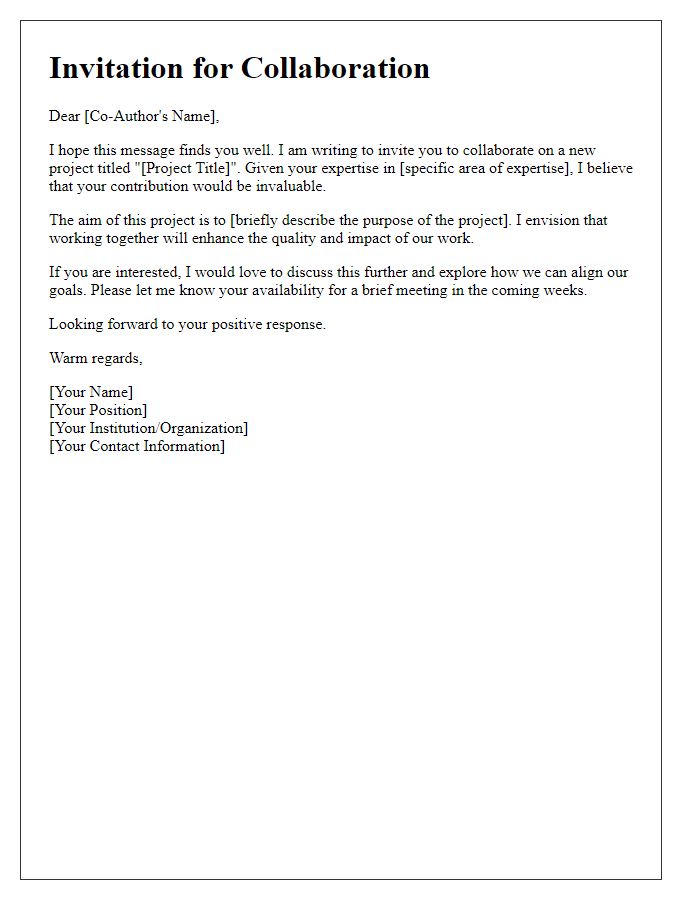
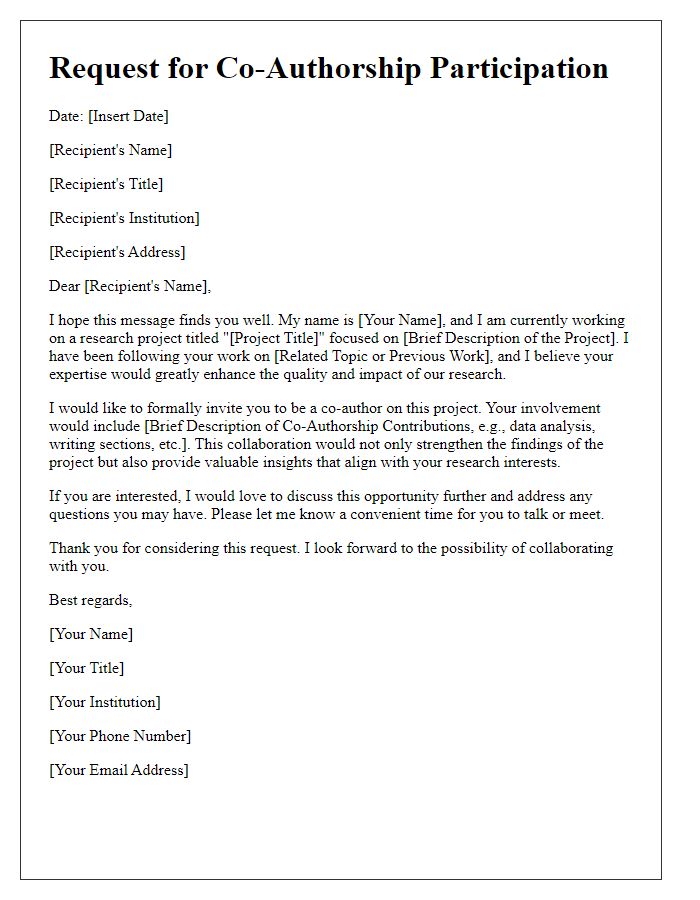
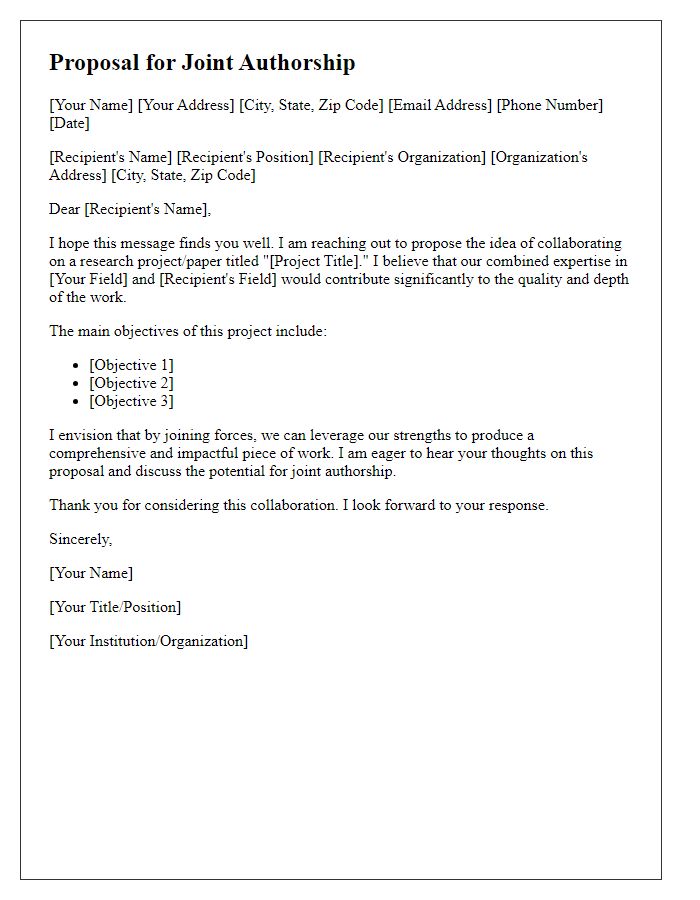
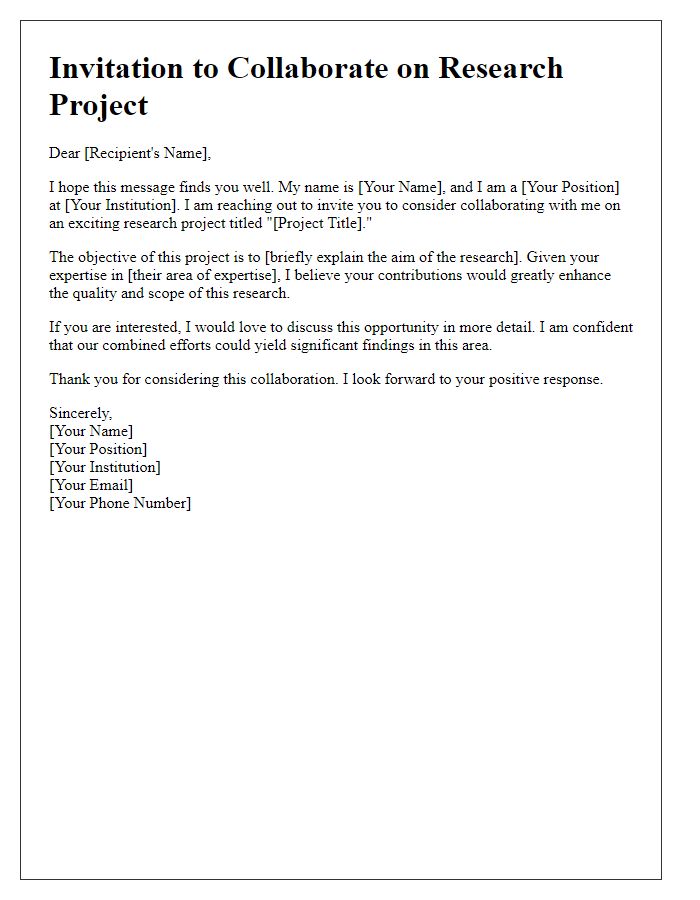
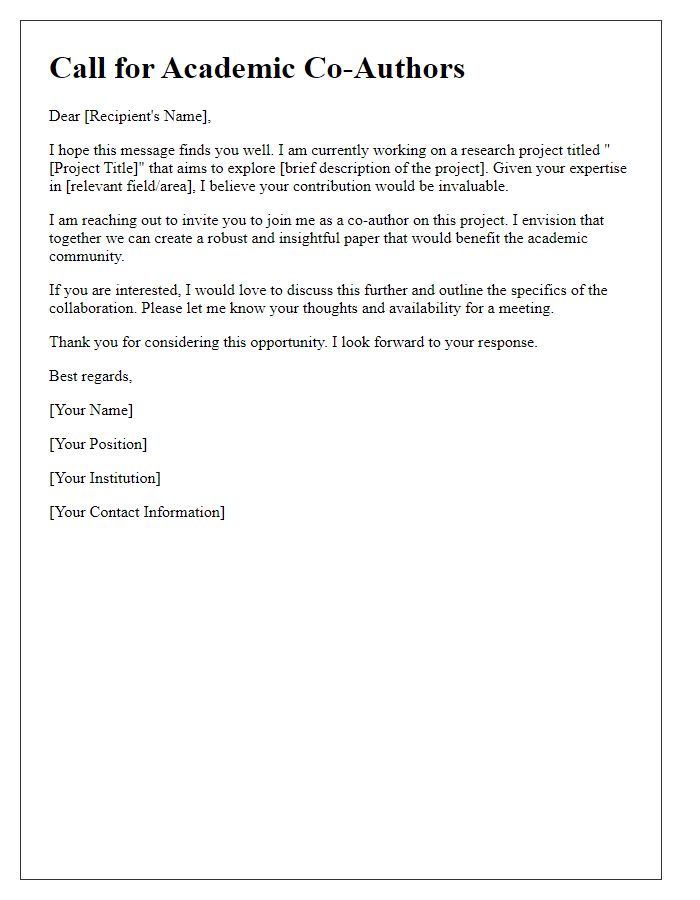
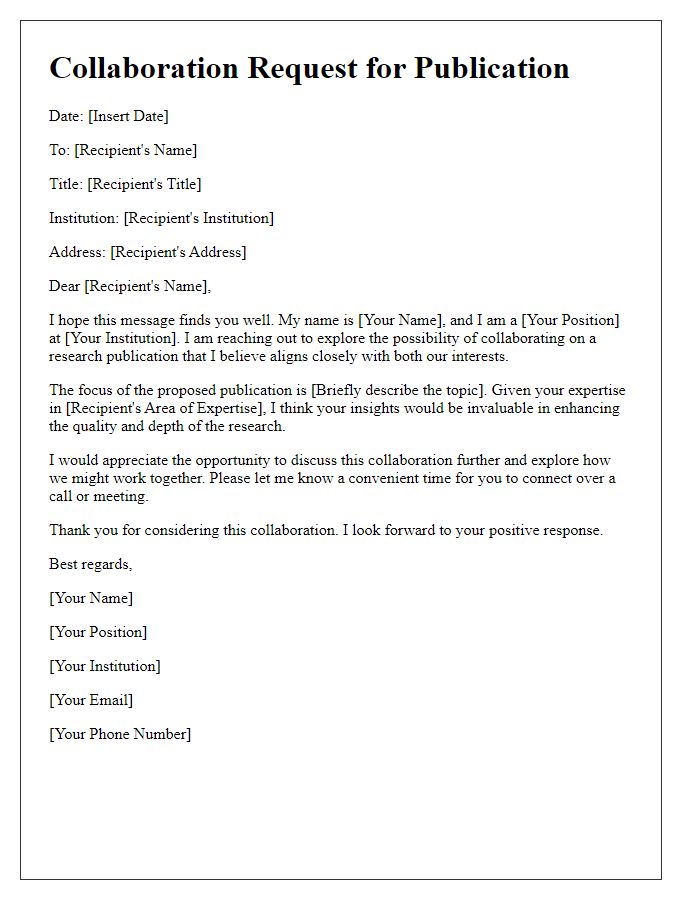
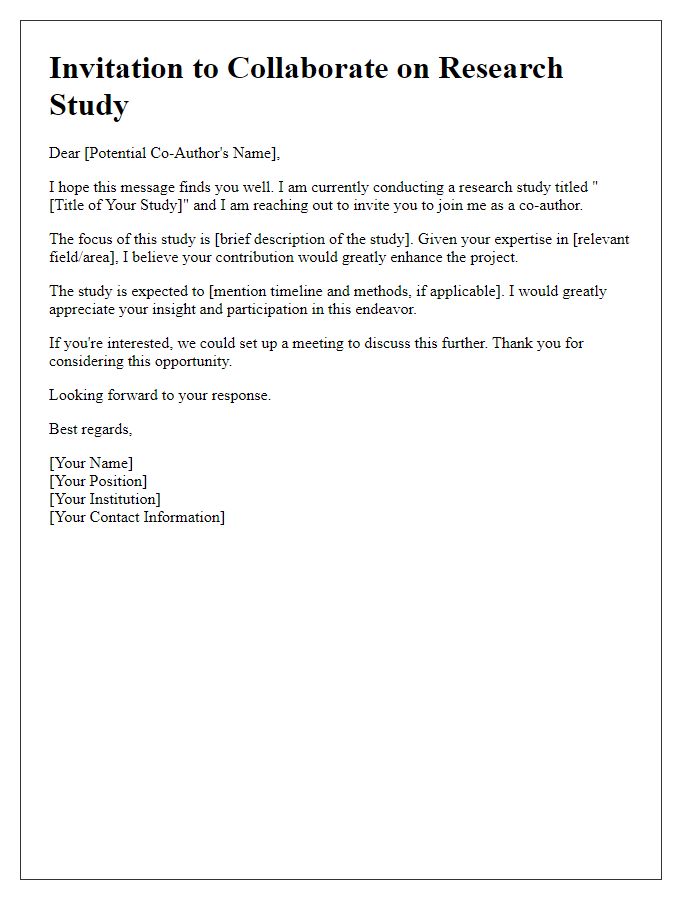
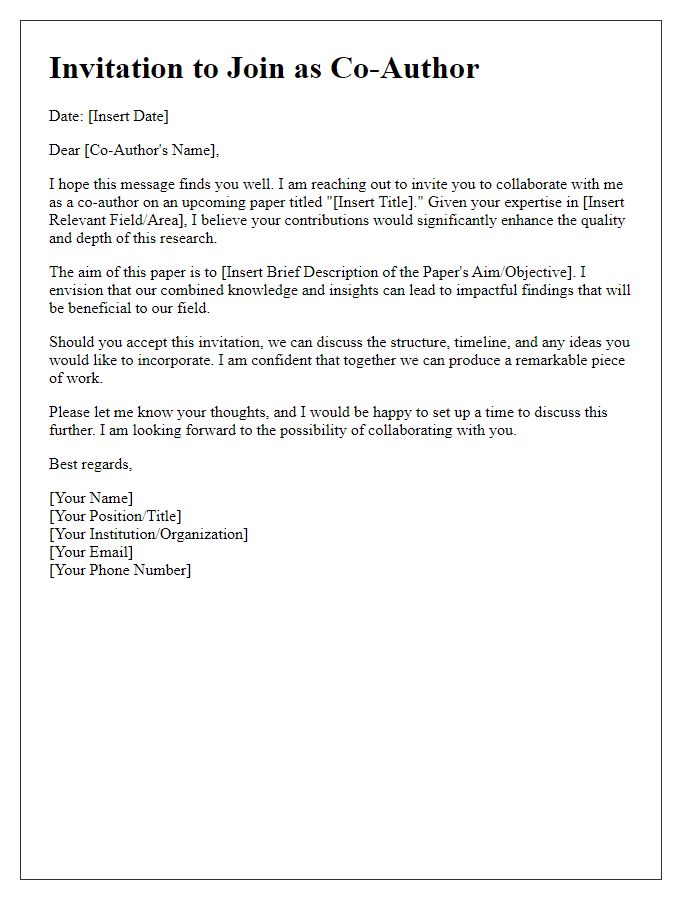
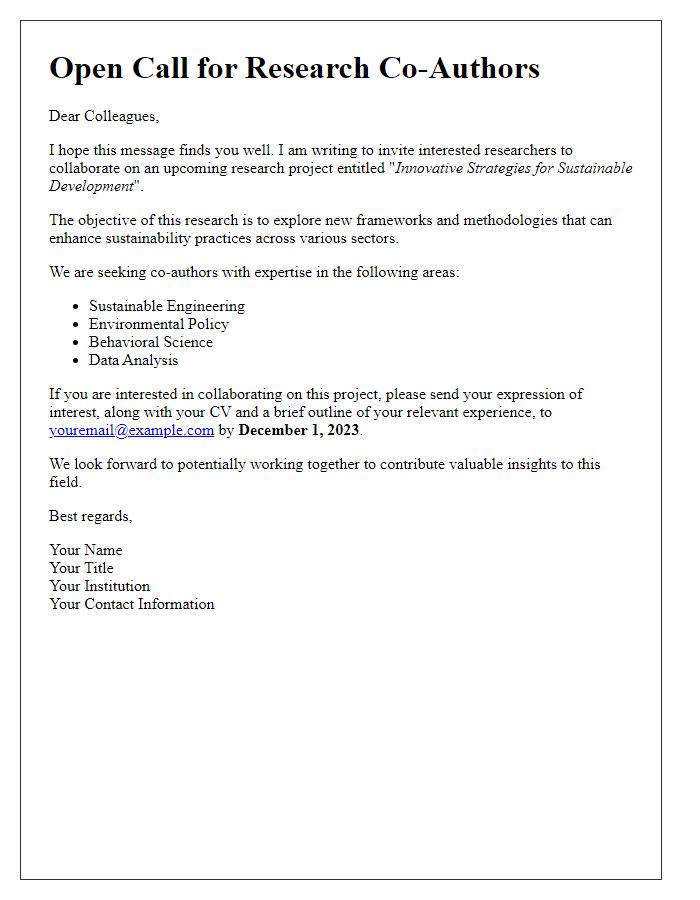
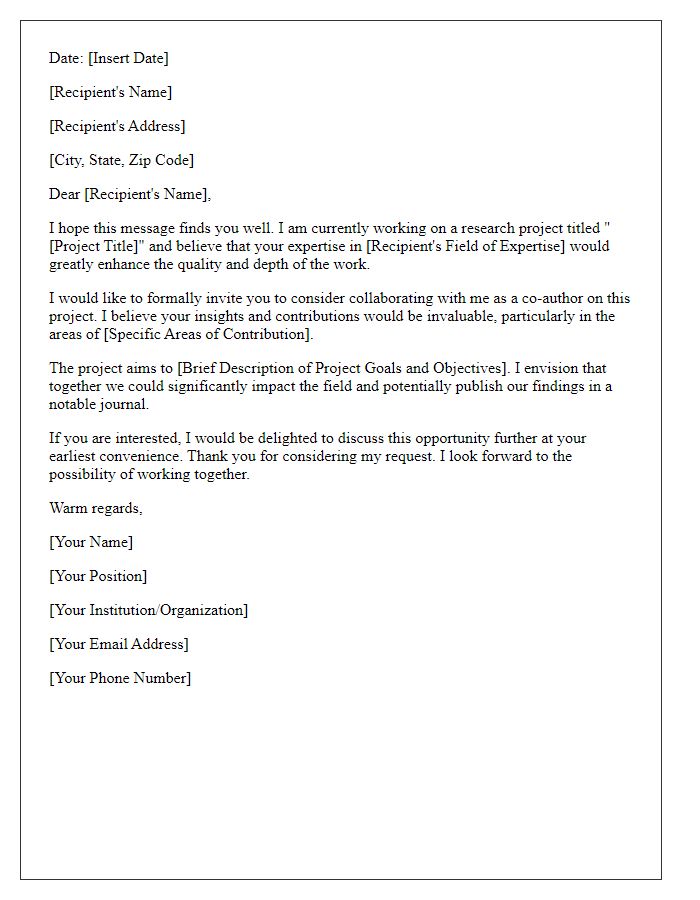

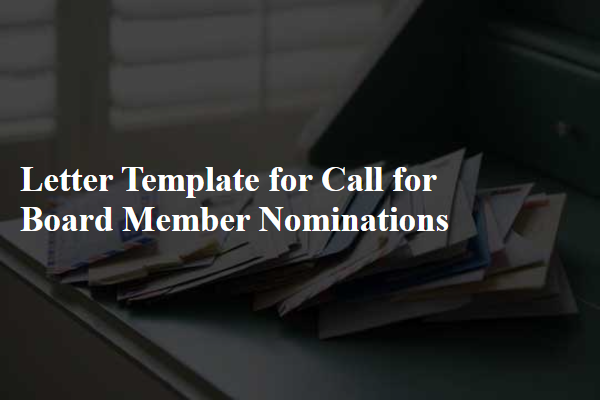
Comments